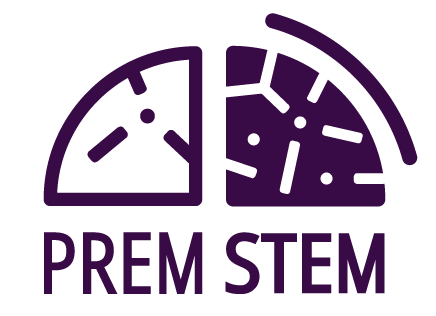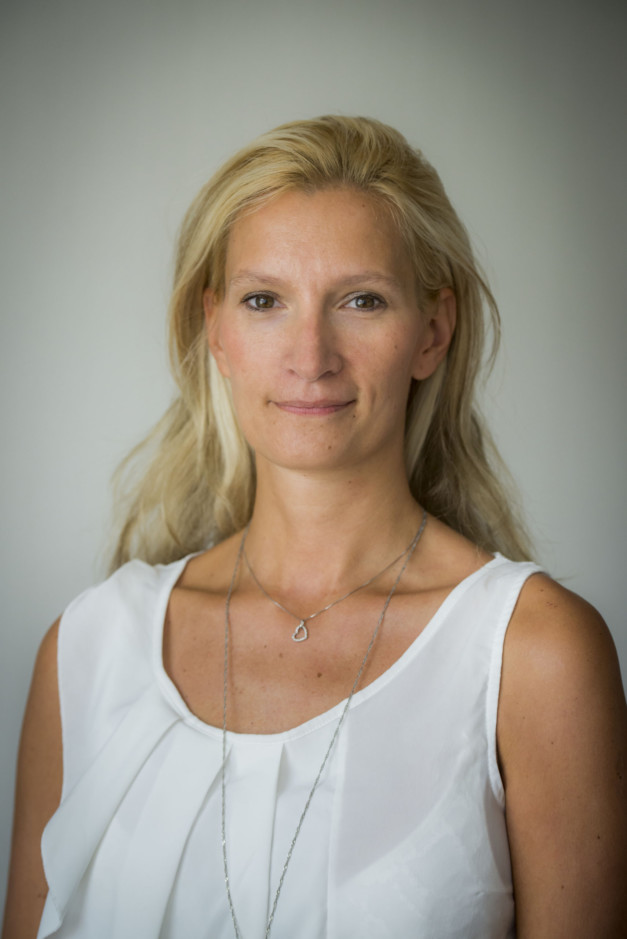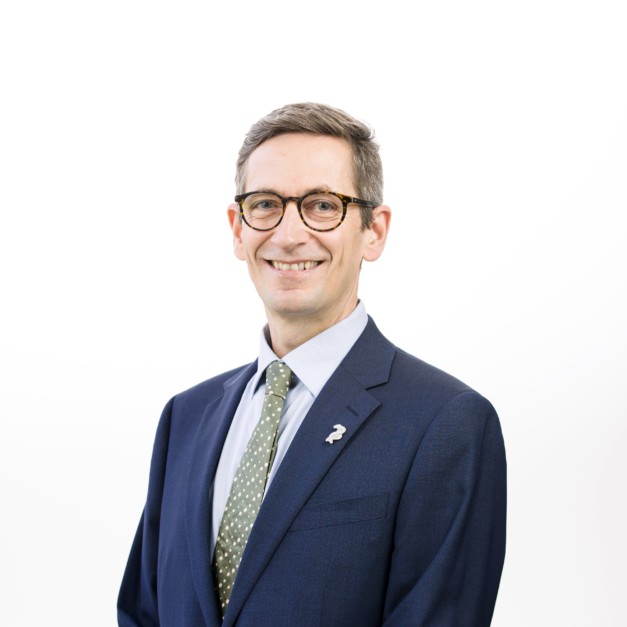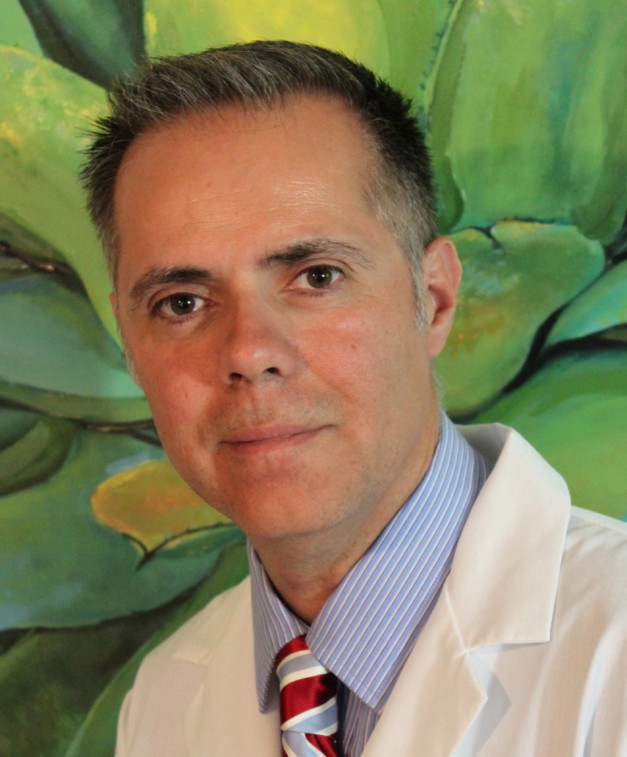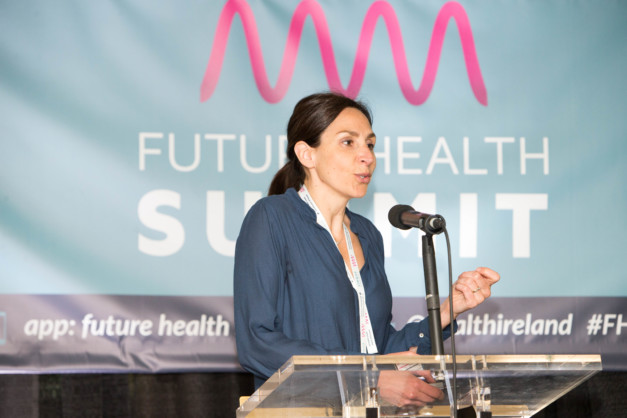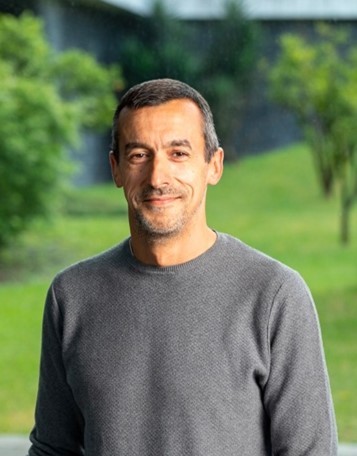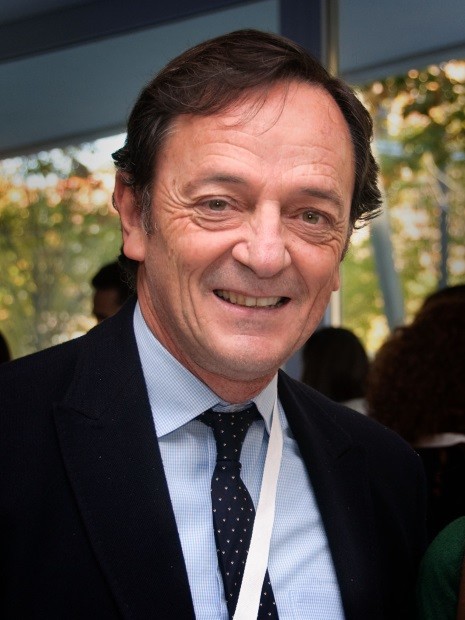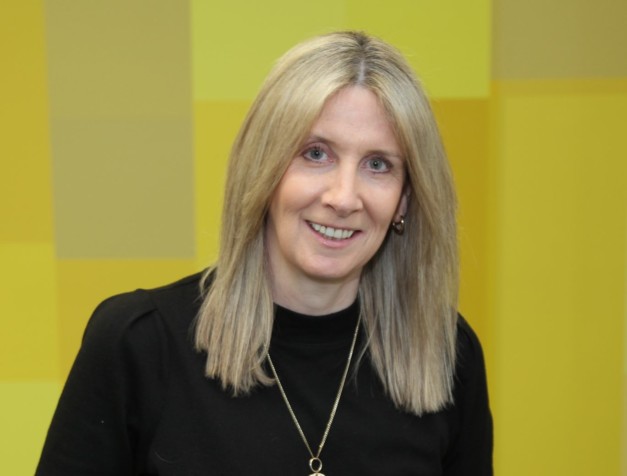Lívia Nagy Bonnard
Lívia Nagy Bonnard Lívia Nagy Bonnard Patient Expert, EUPATI FellowRight(s) Beside You Association – Melletted a helyem Egyesület (Hungary) Session: Opening address – Tuesday 13 May (1.45-2pm) Lívia Nagy Bonnard is the Founder and Vice-President of the Melletted a Helyem Egyesület association for preterm babies in Hungary. She is the mother of four, including a preemie boy born at 27 weeks’ gestation who is now a young adult living with multiple disabilities. Lívia is a patient expert – EUPATI Fellow who has participated on several national and international research projects. She is a member of the Parent, Patient and Public Advisory Board (PPPAB) for EFCNI’s European Standards of Care for Newborn Health and a NIDCAP NFI Family Council member. Lívia coordinates FINE training in Hungary and part of Faculty. She received an EFCNI award for organising the adaptation of FINE for online training in 2022. Lívia is a trained nurse…
James Boardman
James Boardman Professor James BoardmanProfessor of Neonatal MedicineUniversity of Edinburgh (UK) Session: Imaging modalities – Thursday 15 May (12.30-2pm) James Boardman is Professor of Neonatal Medicine and Director of the Jennifer Brown Research Laboratory at the University of Edinburgh. He researches new ways of reducing brain injury and restoring learning potential after adverse early life events. His significant contributions include characterising atypical brain development after preterm birth using quantitative MRI, elucidating how the perinatal stress environment and systemic inflammation interact with brain development, and mapping the effect of socioeconomic gradients on brain growth. His current work seeks to understand which perinatal exposures confer risk and resilience for neurodevelopmental and educational outcomes in children born preterm and to identify the biological axes that embed those exposures in child development. James is a Fellow of the Academy of Medical Sciences, a past president of the Neonatal Society, holds a UKRI MRC programme…
Richard Schäfer
Richard Schäfer Professor Richard SchäferMedical Director Transfusion Medicine, Deputy Director Institute for Transfusion Medicine and Gene Therapy, Head Freiburg iPS CoreMedical Center, University of Freiburg (Germany) Session: In vitro studies of stem cell activities – Thursday 15 May (10.30am-12pm) Richard Schäfer is the Medical Director Transfusion Medicine at the Institute of Transfusion Medicine and Gene Therapy at Freiburg University, where he is also leading the iPSC core facility. He was clinically trained in internal medicine and transfusion medicine. His research addresses both fundamental and translational questions. He has been working extensively in the mesenchymal stromal cell and induced pluripotent stem cell fields at Harvard, Stanford, Tübingen, Frankfurt and Freiburg Universities.
Sandrine Thuret
Sandrine Thuret Professor Sandrine ThuretProfessor of NeuroscienceHead Neurogenesis and Mental Health Laboratory; co-Head Basic and Clinical Neuroscience Department; co-Director Wellcome KCL PhD Programme in Mental Health Research for Health Professionals; Director MRC DTP in Biomedical Sciences; Co-Director King’s Institute for Human and Synthetic Minds, King’s College London (UK) Session: In vitro studies of stem cell activities – Thursday 15 May (10.30am-12pm) Sandrine Thuret is Head of the Neurogenesis and Mental Health Laboratory and co-Head of the Basic & Clinical Neuroscience Department at King’s College London, UK. She has a background in bioengineering, molecular, cellular, behavioural and ageing biology. She graduated from the University of Heidelberg, Germany with a PhD in Neuroscience and did her postdoctoral research at the Salk Institute with Prof. F.H. Gage, CA, USA, where she investigated the role of stem cells in the mammalian central nervous system. Sandrine’s lab is investigating environmental and molecular regulatory mechanisms controlling…
António Salgado
António Salgado Dr António SalgadoCoordinating Investigator and Vice-Dean for ResearchLife and Health Sciences Research Institute (ICVS), School of Medicine, University of Minho (Portugal) Session: Alternatives and adjuncts to stem cells – Wednesday 14 May (3.30-5pm) António Salgado is a biologist with a PhD in Tissue Engineering and Hybrid Materials (2005), and a Habilitation (DSc) in Health Sciences, from the University of Minho. Currently he is a Coordinating Investigator at the Life and Health Sciences Research Institute (ICVS) and Vice-Dean for Research at the School of Medicine – University of Minho. His research interests are focused on the development of innovative therapies for CNS repair, namely on Spinal Cord Injury and Parkinson’s Disease, using stem cells secretome. His main areas of research are: 1) Development of ECM like hydrogels for the transplantation of Mesenchymal Stem Cells into the injured CNS; 2) Role of the secretome of MSCs in neuroprotection and repair,…
Máximo Vento
Dr Máximo Vento Dr Máximo VentoEmeritus ResearcherInstituto de Investigación Sanitaria La Fe (IISLAFE), Valencia (Spain) Session: From pre-clinical work to an approved therapy – Wednesday 14 May (10.30am-12pm) • MD, PhD• Professor of Pediatrics• Division of Neonatology, Univ and Polytech Hospital La Fe, Valencia• 475 publications; h-index 73• Oxygen metabolism and redox regulation in neonatology: experimental model, clinical and biomarker approach (mass spectrometry)
Suzie Miller
Suzie Miller Professor Suzie MillerDirector, The Ritchie CentreMonash University and Hudson Institute of Medical Research (Australia) Session: Using large animal translational models and how to do it better – Wednesday 14 May (8.30-10am) Suzie Miller was appointed Director of The Ritchie Centre in 2022 and she holds a National Health and Medical Research Council of Australia Fellowship. Suzie leads the Neurodevelopment and Neuroprotection Theme in the Ritchie Centre, with her research utilising experimental large animal models of the primary causes of perinatal brain injury – including foetal growth restriction, intrauterine infection, preterm birth, and perinatal asphyxia – to better understand the progression of neuropathology, so that targeted interventions can be implemented. Suzie and her clinical and research colleagues are working towards the translation of neuroprotective therapies before or after birth, so that neonatal brain injury can be reduced, and neurodevelopmental deficits might be prevented. Suzie is also a keen advocate…
